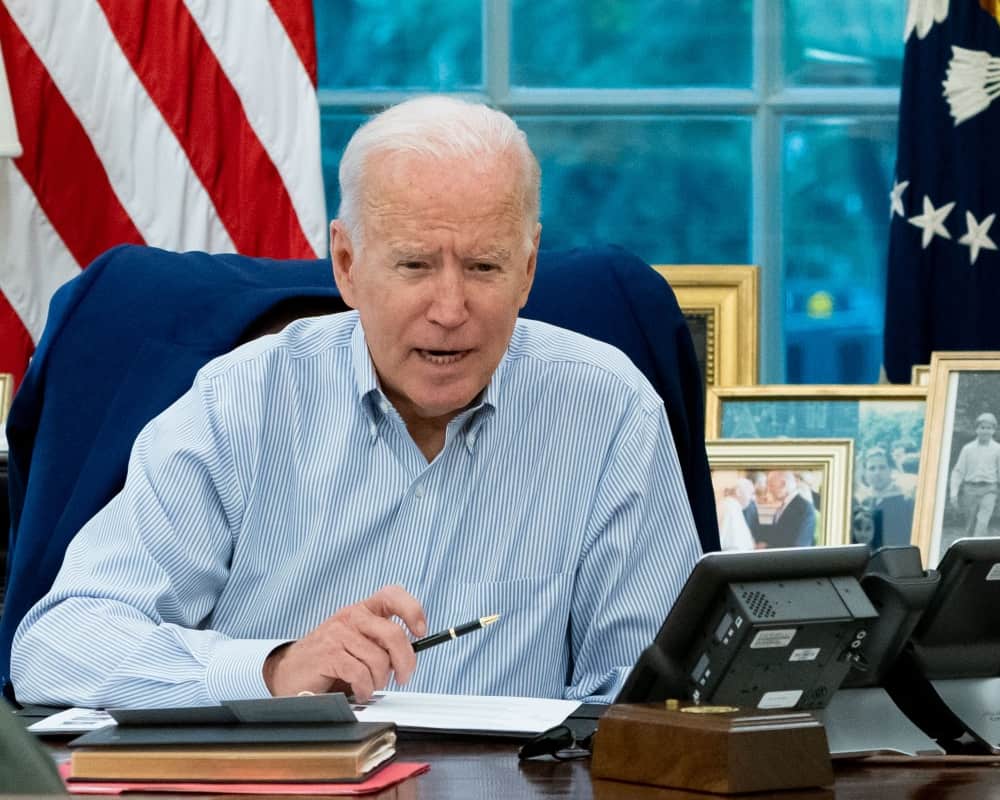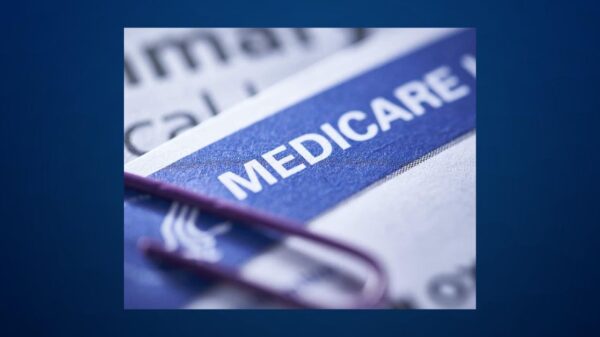Last week, President Joe Biden signed into law a proposal championed by U.S. Sen. Marco Rubio, R-Fla., helping federal employees stationed abroad who suffer brain injuries due to targeted energy attacks.
U.S. Sen. Susan Collins, R-Maine, and Rubio first brought out the proposal in December.
“Last week, the National Academies of Sciences, Engineering, and Medicine released a report on the more than 40 U.S. diplomats at the U.S. Embassy in Havana, Cuba, and at least a dozen U.S. diplomats at the U.S. Consulate in Guangzhou, China, who suffered symptoms ‘consistent with the effects of directed, pulsed, radio-frequency energy.’ Ailments have included dizziness, tinnitus, visual problems, vertigo, and cognitive difficulties. Although the attacks first began in late 2016, many of the affected personnel continue to suffer from health problems,” Collins’ office noted when she introduced the proposal.
“Under the Federal Employees Compensation Act (FECA), a federal employee may currently receive a schedule award if the employee suffers the loss or loss of use of a part of the body, but not if the impairment is to the brain, back, or heart. The proposed legislation would provide the CIA Director and the Secretary of State additional authority to compensate their personnel who incur brain injuries in connection with war or a hostile act,” her office added.
Collins brought back the “Helping American Victims Afflicted by Neurological Attacks (HAVANA) Act” earlier this year with Rubio and U.S. Sen. Rick Scott, R-Fla., among the co-sponsors.
The proposal “authorizes additional compensation for injured individuals and is applicable to U.S. State Department or Central Intelligence Agency (CIA) employees at the discretion of the respective agency head” and “would also require the CIA and State Department to report to Congress on how this authority is being used and if additional legislative or administrative action is required.”
Rubio’s office laid out the details on “Havana Syndrome.”
“‘Havana Syndrome’ is the term given to an illness that surfaced among more than 40 U.S. Embassy staff in Havana, Cuba, beginning in 2016. Since then, at least a dozen U.S. diplomats at the U.S. Consulate in Guangzhou suffered symptoms “consistent with the effects of directed, pulsed, radiofrequency energy,” and according to CIA Director William Burns, there have been a couple hundred cases among American personnel. Press reports indicate that some of these cases have occurred on U.S. soil,” Rubio’s office noted. “Symptoms have included severe headaches, dizziness, tinnitus, visual and hearing problems, vertigo, and cognitive difficulties, and many affected personnel continue to suffer from health problems years after the attacks.”
The bill cleared the U.S. Senate in June and the U.S. House followed last month, passing the bill without opposition.
“As American diplomats and personnel continue to be targets of directed energy attacks by malign actors and rogue states, I’m proud to see my bipartisan initiative become law,” Rubio said at the end of last week. “We need to stand in support of our diplomatic corps, and their relatives, as they face long-term health challenges and demand that those who are responsible face justice.”
“I have spoken personally with Havana Syndrome victims who were forced to battle the bureaucracy while dealing with their own mounting health challenges. These Americans who experienced traumatic brain injuries from likely directed energy attacks while serving our country should have been treated the same way we treat a soldier who suffered a traumatic brain injury on the battlefield,” Collins said. “Now that the HAVANA Act has been signed into law, Havana Syndrome victims will finally receive the financial assistance and medical support that they deserve. As we continue our efforts to support victims, we must also redouble our whole-of-government approach to identify and stop the heartless adversary who is harming U.S. personnel.”




















